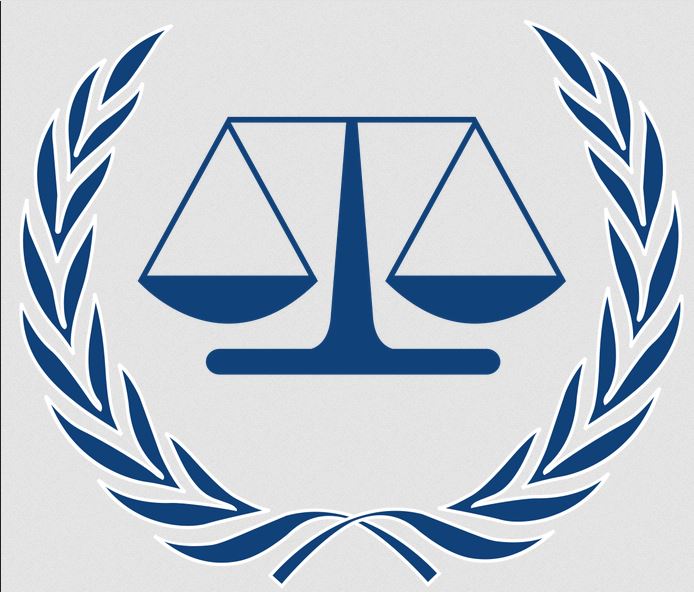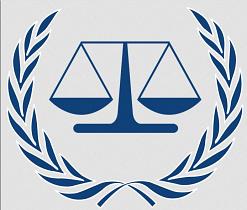Criminal Law: Basics That You Need to Know
The average person may know a little about crime and what happens when someone breaks the law, but understanding the breadth and depth of criminal law often requires help from a lawyer who practices in the area of criminal law.
If you or someone that you know is facing criminal charges, the first thing to do is contact a
Mass Tsang criminal lawyer in Toronto and arrange for legal representation. Once that’s done, you can spend some time learning a few basics about criminal law and what the lawyer will do on behalf of the client. Here are some essentials to help you get started.
What is Criminal Law?
Criminal law is a term that refers to the current body of laws that govern the process for identifying the commission of a criminal act, prosecuting the party who committed the act, and setting punishments in the event of a conviction. All those involved in the legal process are bound to uphold these laws and ensure that the rights of all parties involved are respected.
Criminal laws can and sometimes are updated from time to time. Actions that were once considered legal may now be illegal. It’s also possible for actions that were once considered crimes to no longer be illegal. Lawyers remain up to date on what constitutes crimes and defend their clients accordingly.
What Does Criminal Law Encompass?
The body of law involved in this case is invoked before an arrest takes place. It involves the processes used to identify and apprehend someone who is accused of a crime as well as the procedure for filing formal charges. Issues such as setting bail and conducting a trial are also part of the overall process defined within the criminal body of law.
In this fashion, criminal law adds uniformity to the process of pursuing a criminal arrest and conviction while still observing the legal rights of the accused. From the first sign that a crime was committed, through the arrest and arraignment process, and all the way to a decision by the court, there are laws that provide structure designed to reduce the odds of an innocent person ending up in jail.
What are the Four Most Common Classifications of Crimes?
While there are crimes of many different types, most them would fall into one of four broad categories. Personal crimes involve actions that lead to physical or mental damage of another person. Assault and battery is a good example, as is arson, kidnapping, and sexual assault.
Property crimes are also common. They involve interference in the ownership of another’s property. Burglary, auto theft, shoplifting, and arson are typically included in this category.
Inchoate crimes are criminal actions that are started but not completed. They can also have to do with aiding and abetting someone who commits the actual crime. Essentially, the accused contributes to a significant degree in making it possible for the crime to occur. Along with aiding and abetting, conspiracy to commit a crime or attempting robbery would fit into this category.
Statutory crimes have to do with the commission of crimes that are prohibited by a statute. Driving under the influence is a prime example. Driving without a license is another. Crimes like drug trafficking, drug manufacturing, and selling illegal drugs would also be considered a statutory crime.
How Do Legal Precedents Fit in With Criminal Laws?
Legal precedents are rulings in past cases. The precedents provide insight into how laws were upheld in judgments in previous years. Precedents do not supersede current laws, but they can often provide examples of why the court would want to consider a certain outcome in light of the crime committed.
Criminal lawyers devote some of their time to identifying precedents set by past courts and relating them to a client’s case. In some instantiates, citing a precedent may serve as grounds for making an objection during a trial, having an objection sustained, or getting an objection overruled.
Do You Really Need a Lawyer to Defend You?
In many cases, it is possible for a defendant to choose to handle a case without retaining legal counsel. That places some degree of burden on the court to protect the defendant’s rights. It also paves the way for lost opportunities related to structuring and pursuing a defense.
The fact is that hiring a Mass Tsang DUI attorney provides the client with someone who understands the laws and precedents that relate to the case. Legal counsel can advise the client on what to do while in the courtroom, understands how to question witnesses to ensure facts come out, and in general use every legal means to secure the best outcome for the client.
How Do You Cooperate With Your Legal Counsel?
Upon hiring legal counsel, it’s in your best interests to cooperate fully. That means withholding nothing from the lawyer. That includes minor details that you may think done have any real bearing on the case.
Following the lawyer’s advice about where you go and who you’re seen with is also important. The goal is to avoid any actions that could compromise the case in some manner.
Finally, you make yourself available to your legal counsel at all times. That means responding quickly to phone calls, texts, and emails. It also means meeting with your legal counsel whenever the need arises.
If you’re facing criminal charges, don’t take the matter lightly. Secure the services of a criminal lawyer as quickly as possible. While you may not understand fully what’s happening or the nature of the charges, you can bet that the lawyer will explain it all and prepare a defense that’s designed to help you avoid a conviction.
Comments
There are 0 comments on this post













